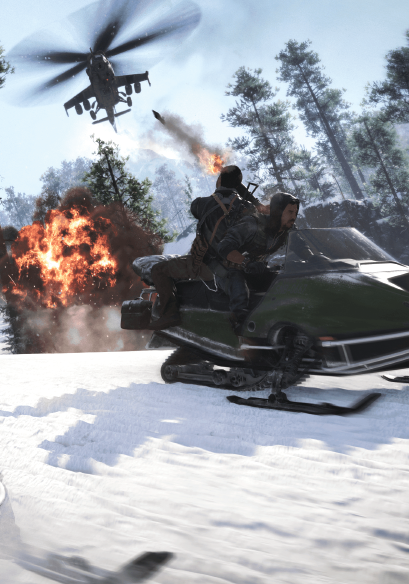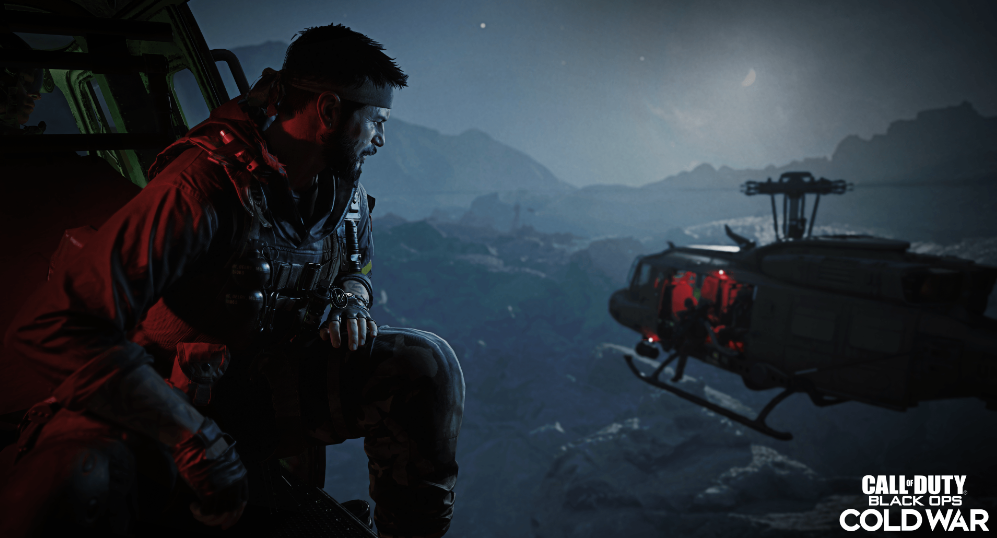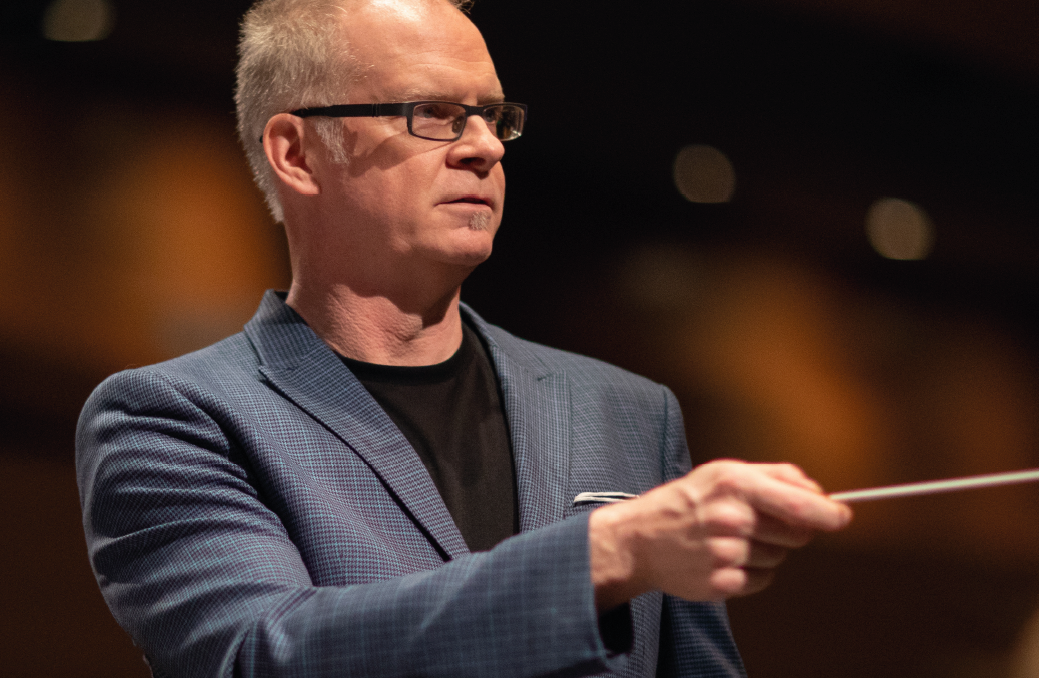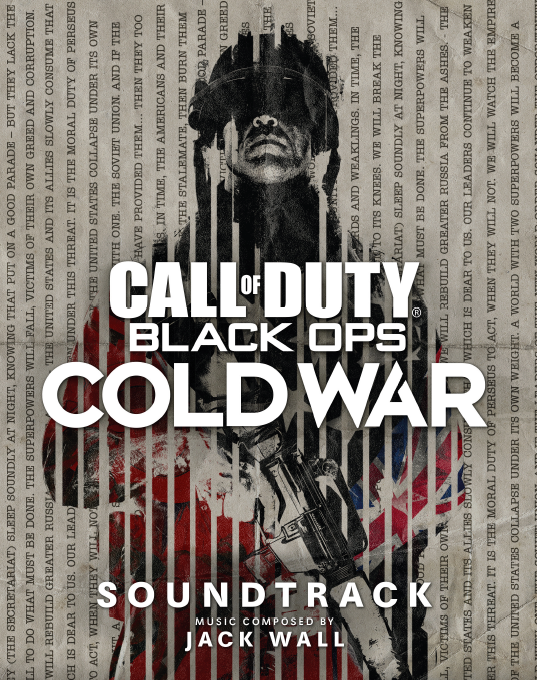From the deep jungles of Vietnam to the snow-covered streets of Moscow, the latest instalment in the omnipresent Call of Duty franchise — released at the end of last year — could be the best we’ve seen, played and heard for a while. Its campaign is an incredibly well crafted story set during a period of political hostility and suspicion, so a dark, gritty music score was required to bring this tale of modern world history to life. Enter BAFTA-nominated composer and producer Jack Wall, who was tasked with doing exactly that for Call of Duty: Black Ops Cold War...
Jack Wall is already known for creating the soundtrack to the super popular sci-fi game series Mass Effect, but it was his latest opus, Call of Duty: Black Ops Cold War, that was the main topic of conversation when he recently joined Headliner on a call from sunny Vila Nova de Gaia in Portugal.
It was almost exactly one year ago that Wall began working on the soundtrack for Cold War. Having already teamed up with game developer Treyarch on the four previous Call of Duty: Black Ops games, working directly with the company’s audio director Brian Tuey, it’s fair to say that he was just waiting for the phone to ring.
I ask him about his initial thoughts on what was required for a Cold War era game.
“It’s 1981 with Reagan and Brezhnev when everything starts,” Wall begins. “The first obvious thought was to mix some early synths into that; a Yamaha CS-80, Minimoog, a Moog Modular, and try to modernise it somewhat. So that’s what we did. If we just did the ‘80s thing, it would’ve started to sound like Stranger Things or Halt and Catch Fire, scores that are very recent in everyone's memory.”







